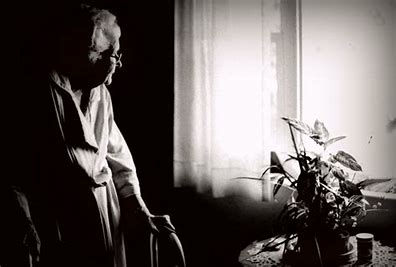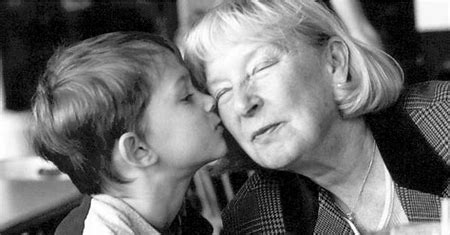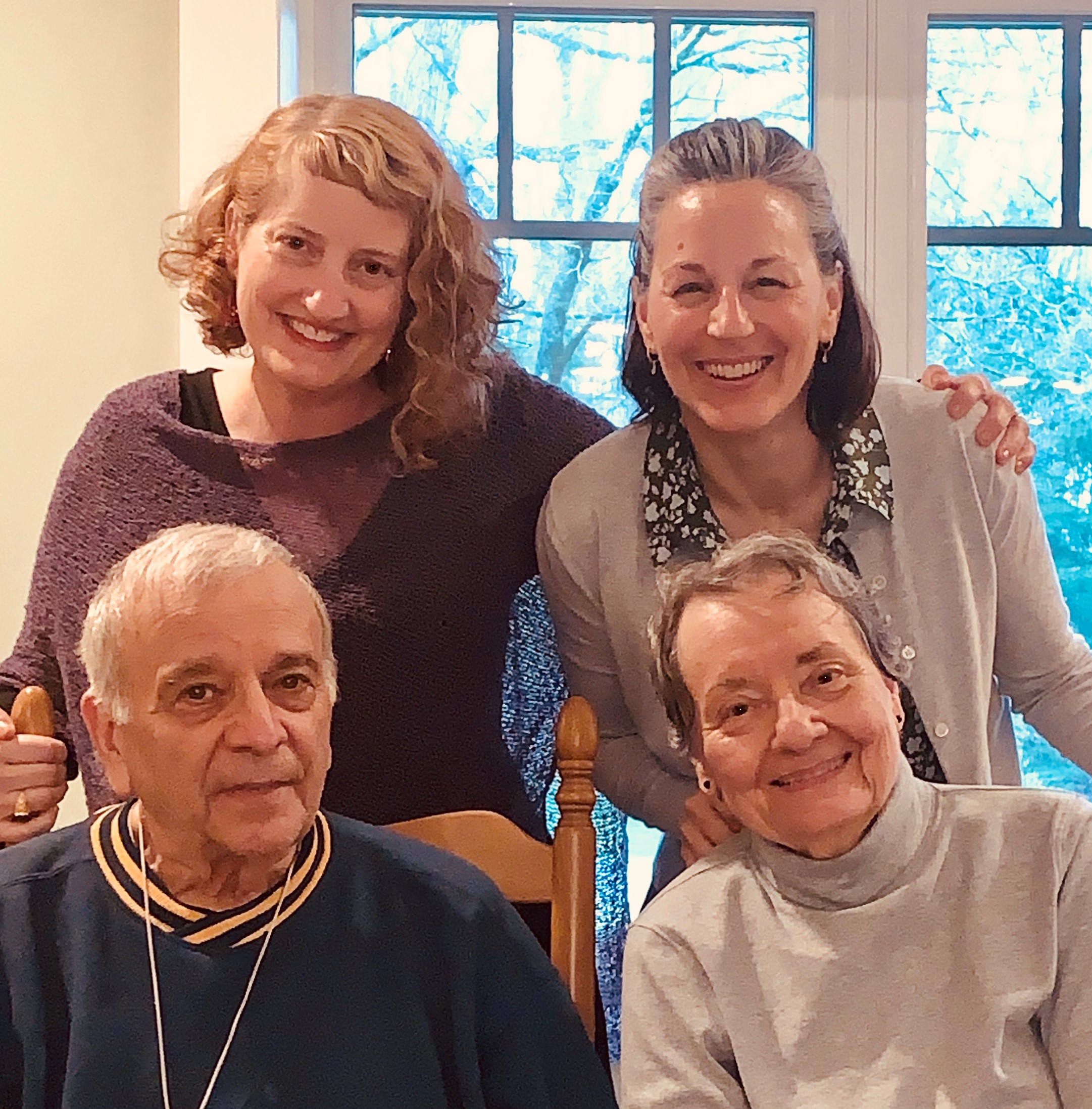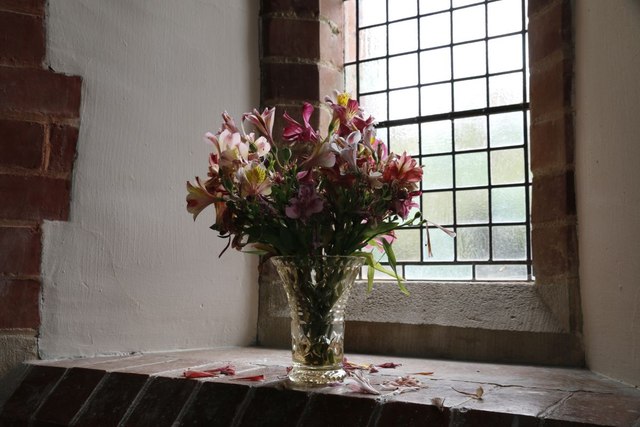Both of my parents have dementia. If you’ve been reading my blog, you already know that. When I share that with people, I’ve gotten used to a variety of responses. The one that really gets me, though, is some variation of, “Oh. I’m so sorry. That’s so sad.”
Ugh.
I know people mean well. I really do. However, I really think we need to consciously consider why we respond that way. What I’m about to say will probably push some buttons, but I want to make people stop and think. Sorry. Not sorry.
What’s Really Sad
With a huge disclaimer for all who are exactly the opposite of this – because there are thousands upon thousands of you – here, in my opinion, is what’s sad: it’s sad that we are so very bad, as a culture, at the inevitability of death. It’s sad that we are so self-absorbed that we don’t know how to handle it when someone begins to forget who we are. It’s sad that, as a result, we have such a hard time just BEING THERE for our loved ones, regardless of whether they remember who we are or not (and by “BEING THERE,” I don’t necessarily mean in person. I mean emotionally. On the phone. Via Skype. Whatever. Physical presence is awesome, but not always possible).
It’s sad that it’s easier to not spend time with them and face that the person we knew is slipping away, when, in reality, they always were going to slip away, one way or another, whether slowly through some illness, or suddenly through a less-complicated death. It’s sad that so many families choose to deny the signs of this group of conditions, letting their own fears and insecurities rule, and it’s sad that its sufferers are often too proud or scared to admit when they start to experience symptoms, refusing help, as if the condition is some evidence of weakness, exacerbated by all the other factors I’ve already mentioned. It’s sad that we still don’t embrace the importance of living our lives with enough meaning that we freak out, in ways small and large, at reminders of our mortality.

Allowing Positive Possibilities
These conditions are fraught with emotion – for sufferers, for loved ones, and for caregivers. I’m not saying we aren’t allowed to ever be sad, or to ever mourn the loss of that person – what once was, or maybe what never was, but we wish had been. God knows that practically every negative emotion imaginable will rear its head as the condition progresses: frustration, anger, worry, stress, fear, impatience, guilt, resentment – the possibilities are seemingly endless. The possibilities for positive emotions are there, too, but they only happen with engagement. And they only evaporate if we choose to let them.
Don’t Lose Out
There is no cure for Alzheimers and various forms of dementia (at least not yet), but, to me, that’s not the sad part. What’s sad is that there seems, for so many, to be no cure for what, in the end, really just makes it all about us, and our own fear of the idea that we might be forgotten by Mom, or Dad, or Grandma, or Auntie Em. And when we let that fear rule our actions and eclipse our better angels, we lose the opportunity to experience the joy of a smile, a laugh, or a hug, even if it’s with someone who is becoming, or already is, a stranger.





12 Comments
I appreciated this so much.
Thank you so much Joan. This has been eating at me for quite a while – finally decided to give it “voice…” I have a feeling not all will agree!!
p.s., please feel free to share it!!
Yes! Spot on sis. So grateful that we agree and keep appreciating those sparks of joy. 💜
This one hit really close to home for me, because … I wish I had read it five years ago. I lost my grandmother in December, but the truth is that I felt like I had “lost” her years before. I allowed that to keep me from being there for her in the last years of her life, because I couldn’t handle it.
My grandmother was one of my very best friends for a large part of my adulthood – the person that knew my secrets. The person I wanted to be when I “grew up”. The woman who was my role model. When dementia started to take hold, I couldn’t figure out how to grieve for the loss of my best friend – while still being there for my grandmother.
I agree with your blog post, but I also feel like it takes an almost superhuman amount of strength and courage to follow the path of simply allowing yourself to be there for someone, particularly when you also need to allow yourself to grieve for a loss that no one else can really see. I failed to do it, and it’s a regret I have to live with.
I love this message of Dementia.
You touch on how hard it is for the family and friends, but I love the way you spoke how the observers get disappointing.
But I often think of the times when the staff just laugh with good times and they say I love this job. There are good moment with these people it’s just we have to just hang around and when they happen enjoy them for what they are worth.
The saddest part for me is when I do not see family coming at all to some of the residents and they smile when I arrive. Just think what kind of smile they would get if family members came to visit.
So true Michele!!
This is truly first class analysis. As an anthropology professor I began teaching Death & Dying courses in 1974 and worked with Elizabeth Kubler-Ross by her invitation in 1976. Although Gerontology, and it related areas, was only part of the topic of my work it was an important part. You examine all the fault lines in what we call the Mini-Death syndrome, yet you present appropriate and productive means of correcting those faults.
I would greatly welcome your analysis of some of my writings on this topic, and your participation.
Marco M. Pardi
mpardi.com
First: thank you!! I’m flattered, and delighted, Marco. And I’d be even more delighted to participate in any way you’d find helpful. The whole topic of death and dying and our willful ignorance of it in our culture fascinates and troubles me. My (admittedly somewhat casual) study of Buddhism many years ago began to enlighten me on the subject, and I’ve become an interested observer over the years of how we deal with it (or, don’t). I figured now was as good a time as any I might find to start sharing my thoughts about it.
I’m glad to see your reference to Buddhism. Non-theistic, it is the most rational and yet involving approach to reality one could ever find. “Casual” may turn out to be best; there is too much as add-ons and dogma that Siddhartha Gautama would never recognize.
I’ll keep checking in with you. And, you are most welcome to check my blog as well.
I began reading some of your posts today!
This is truly a first class analysis. As an Anthropology professor I began teaching Death & Dying in 1974, and worked with Elizabeth Kubler-Ross by her invitation in 1976. Although gerontology was only a part of the topic on which i worked, it was an important part. You have accurately examined all the fault lines in this area, yet you provide appropriate and helpful means to address them.
I would be greatly interested in your analysis of some of my writings, and your participation.
Marco M. Pardi
mpardi.com